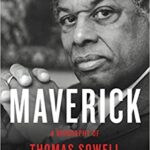
The House, and How to Run It
Ball’s portrait of Pelosi’s life in politics is a detailed and exhaustive exploration of Pelosi’s life in politics–an important project that fills a needed gap. But the very nature of the book reveals that the role of gender in negotiation is complex, and Ball’s handling of the issue represents a meta-commentary on the challenge of understanding it.









